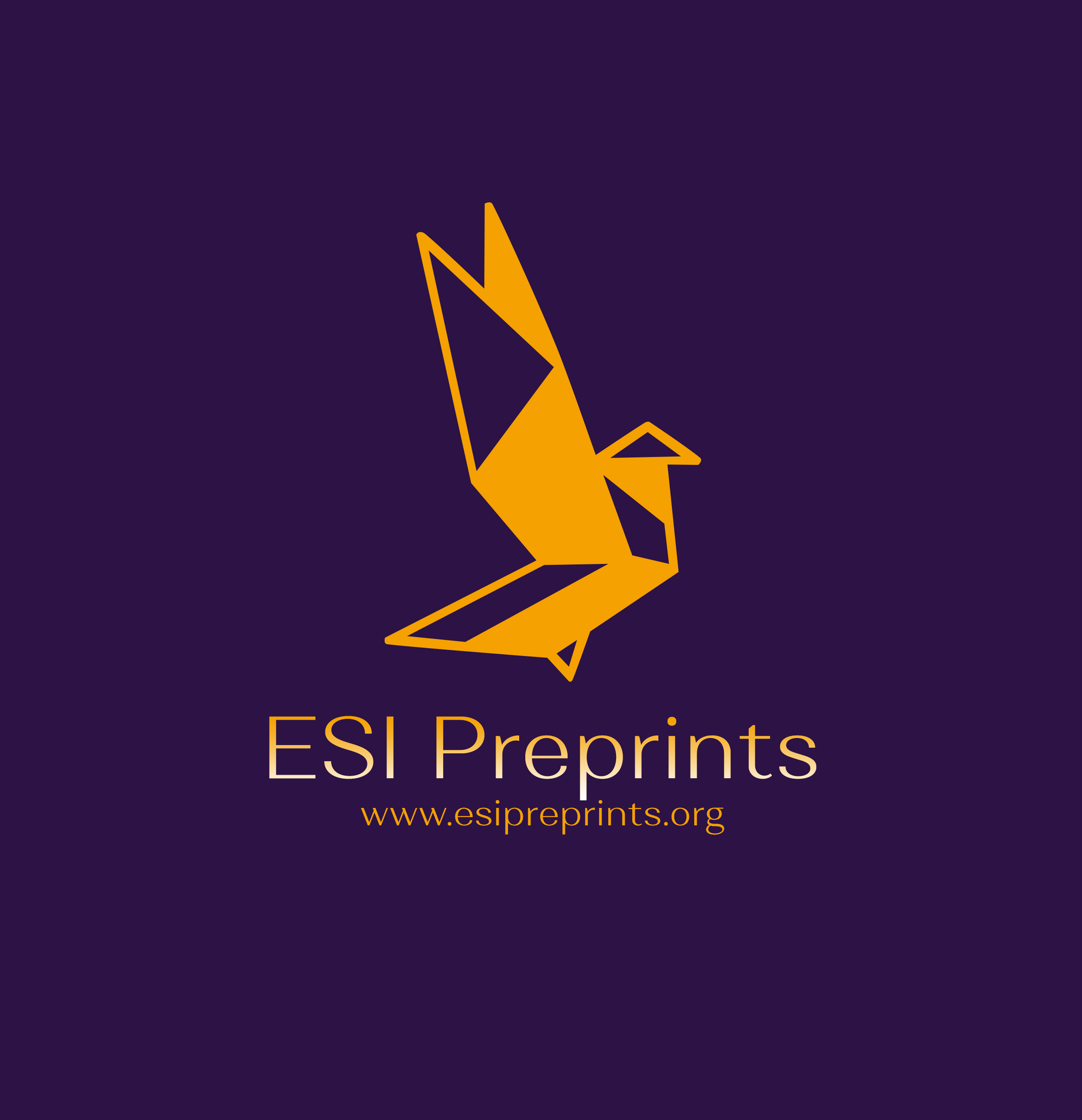Teacher Learning and Professional Development: Views and Practices of Georgian and Turkish Teachers of English
Abstract
By the time they graduate from their initial teacher education programs, most teachers are equipped with the basic information and skills they will need to begin their classroom practice – including content knowledge, theories about the teaching and learning process, and various instructional strategies and techniques. However, the process of becoming a teacher does not end there. The most successful teachers are also lifelong learners who continuously work to improve their subject-related knowledge, understand how they can reach their students most effectively, and keep up with new developments in education. Considering the need for teachers to be aware of the concept of teacher learning and at the same time be self-aware about their beliefs that impact their practice in that regard, this comparative study will explore and report initial findings of what Georgian and Turkish teachers of English understand from the concepts of “teachers as learners” and “teacher learning,” and what kinds of professional development activities and efforts they are involved in as part of what they think these concepts constitute and require.
Downloads
References
2. Bayrakçı, M. (2009). In-service teacher training in Japan and Turkey: A comparative analysis of institutions and practices. Australian Journal of Teacher Education, 34(1), 10-22.
3. Blanco-Iglesias, S., & Broner, M. (1998). Methodological and ethical issues in classroom-based research (CARLA Working Paper No. 6). Center for Advanced Research on Language Acquisition.
4. Carley, K. (1990). Content analysis. In R. E. Asher (Ed.), The encyclopedia of language and linguistics (pp. 725-730). Pergamon Press.
5. Çelik, S. (2016). Setting new standards for in-service teacher training: A model for responsive professional development in the context of English language teaching. In K. Dikilitaş & İ. H. Erten (Eds.), Facilitating in-service teacher training for professional development (pp. 300-310). IGI Global.
6. Çelik, S. (2020, February). Professional development and successful school-university partnership. ELT-KIT: Monthly English Learning and Teaching Magazine, 1(1).
7. Çelik, S., & Dikilitaş, K. (2015). Action research as a professional development strategy. In S. Borg & H. S. Sanchez (Eds.), International perspectives on teacher research (pp. 125-138). Palgrave Macmillan.
8. Ferrance, E. (2000). Action research. Retrieved from LAB at Brown University website: http://www.lab.brown.edu/pubs/themes_ed/act_research.pdf
9. Mizell, H. (2010). Why professional development matters. Learning Forward.
10. Nassaji, H. (2005). Qualitative and descriptive research: Data type versus data analysis. Language Teaching Research, 19(2), 129-132. https://doi.org/10.1177/1362168815572
11. Murray, A. (2010). Empowering teachers through professional development. English Teaching Forum, 1, 2-11.
12. Richards, J. C., & Farrell, T. S. C. (2005). Professional development for language teachers. Cambridge University Press.
13. Shawer, S. (2010). Classroom-level teacher professional development and satisfaction: Teachers learn in the context of classroom-level curriculum development. Professional Development in Education, 36(4), 597-620.
14. Yeşilbursa, A., & Çelik, S. (2020). Professional development of EFL teachers and reflective practice. In S. Çelik (Ed.), Approaches and principles in English as a foreign language (EFL) education (4th ed., pp. 449-470). Vizetek.
Copyright (c) 2022 Nino Mikeladze, Servet Celik, Tamar Dolidze

This work is licensed under a Creative Commons Attribution-NonCommercial-NoDerivatives 4.0 International License.








